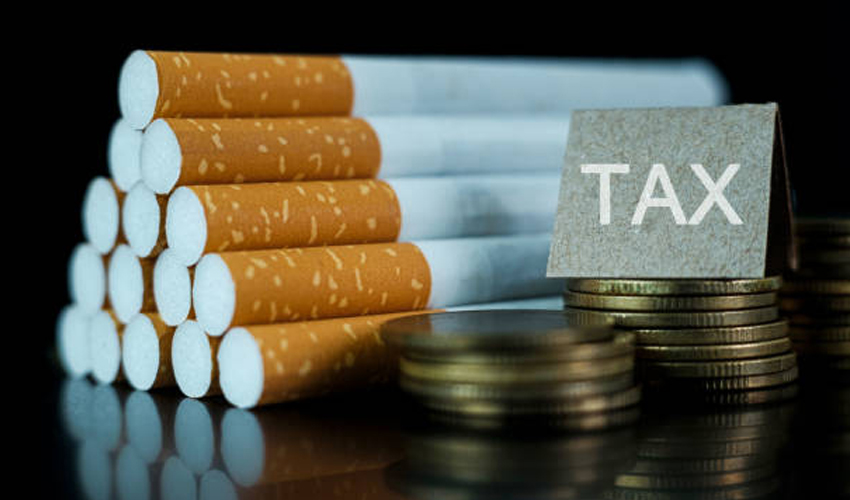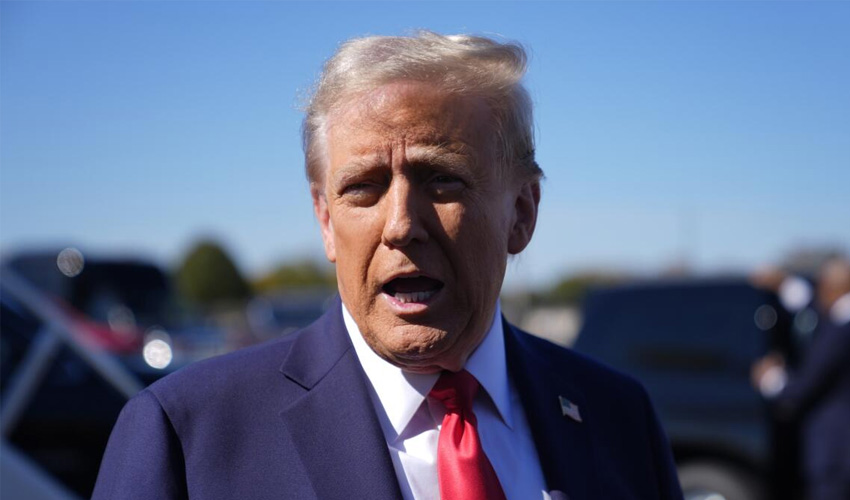Pakistan needs a clear strategy for employing tobacco taxation as a tool to protect public health and boost revenue and absence of a clear strategy resulted in a loss of Rs 567 billion in the past seven years.
Indus Broadcasting Corporation (IBC) has exposed the staggering loss to national exchequer in a policy paper titled Rethinking Tobacco Taxation in Pakistan: A Call for Immediate Reforms.
The study has quoted Federal Board of Revenue (FBR) revenue targets from the cigarette industry and the tax collected in seven years.
The IBC has recommended the government to align the tobacco taxation policy with the guidelines of WHO and safeguard it from the industry’s influence. “Prioritize public health over industry interests, recognizing the health and economic burden of tobacco consumption,” the policy paper recommended.
“Federal Excise Duty (FED) on cigarettes, a major source of tobacco taxation, has been manipulated by powerful businesses to safeguard their interests at the expense of public health,” it said.
The IBC said that lack of a clear strategy on tobacco taxation and the undue influence of the cigarette industry have been identified as key contributors to this economic setback. Introduction of a three-tier system, introduced in 2017 ostensibly to control illicit trade, was the manifestation of industry’s influence over decision making, it added.
Sharing details and factors behind the decision of introducing three-tier system the IBC said multinational companies used deceptive tactics that include exaggerated estimates of illicit trade to convince the government.
However, the tall claims regarding the illicit trade were debunked by the World Bank in a report, the paper said.
Similarly a research conducted by Pakistan National Hearts Association (Panah) has revealed the fact that illicit cigarette trade is not more than 9% in Pakistan.
The IBC also referred to investigations launched by the National Accountability Bureau (NAB) against the loss to national exchequer in 2018 and Auditor General of Pakistan’s viewpoint regarding the ulterior motives behind the introduction of third tier and fake numbers of illicit trade.



























